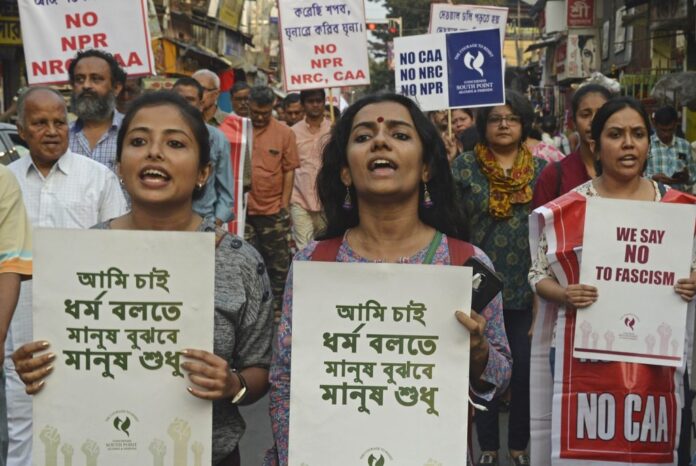Authors: Irfan Nooruddin, Trevor Cloen, Fatima Salman, Harris Samad, Shuchismita Hassan, Zaara Wakeel
Affiliation: Atlantic Council
Organization/Publisher: Atlantic Council
Date/Place: March 3, 2020/ Washington, U.S.
Type of Literature: Report
Number of Pages: 16
Link: https://www.atlanticcouncil.org/commentary/feature/south-asia-the-road-ahead-in-2020/
Keywords: South Asia, economy, CAA, Geopolitics, Corruption
Brief:
This report briefly discusses the performance of South Asian countries in 2019, and the foremost challenges they can witness in 2020. Afghanistan is expected to face economic crisis after the US-Taliban Peace deal because of primarily relying on the war economy, and its Government fighting for legitimacy in a political vacuum. Bangladesh is one of the fastest growing countries in the world in terms of rising exports and remittances, but still faces a very high level of corruption in the public banking sector. Additionally, tensions caused by India’s CAA (Citizenship Amendment Act) and the accommodation of Rohingya refugees are two main challenges the country is facing as it is not infrastructurally, financially, or socially equipped to handle additional Muslim refugees from India. Bhutan’s geopolitics is shaped by its neighbours, India and China; whatever happens in the neighbourhood impacts it directly. Accordingly, a slowdown in India’s economy will immediately affect it, along with the foreign aid it receives from India; its longstanding dispute with China over the Doklam Plateau remains. India entered 2020 with a slowing economy and widespread riots protesting its partition-era-inspired Citizenship bill, as religious preference incorporated by the Bharatiya Janata Party (BJP) erodes and threatens Indian secularism. Officials have used colonial-era laws to prohibit public protest against the CAA, charging protesters under India’s draconian Public Safety Act, and arresting political opponents by accusing them of anti-national sentiments. India’s dissolution of Kashmir’s autonomous status have left thousands imprisoned without charges; in light of India having imposed ninety-five internet blackouts last year, the most of any country worldwide, its repressive 7-month internet blackout against Kashmir and authoritarianism show no signs of ending. Maldives has a debt of USD 3 billion dollars to China and needs to diversify its economic investments, with eyes to India; If Maldives fails to diversify, it will go underwater economically, and will go underwater literally as it already has declared a climate emergency with estimates that it will be underwater within a decade. Nepal is in the same situation as Bhutan because of relying heavily on India and China for financial aid. Pakistan is also in trouble because of political instability and policy inconsistencies. The author recommends the country needs to minimise the power of military in order to assert civilian supremacy. Sri Lanka, an ethnically polarized nation led by a polarizing politician, is likewise facing a debt burden while displaying paltry commitments to human rights. The nation faces democratic backsliding as President Rajapaksa steers Sri Lanka politically and financially toward China.
By: Saima Rashid, CIGA Research Assistant




